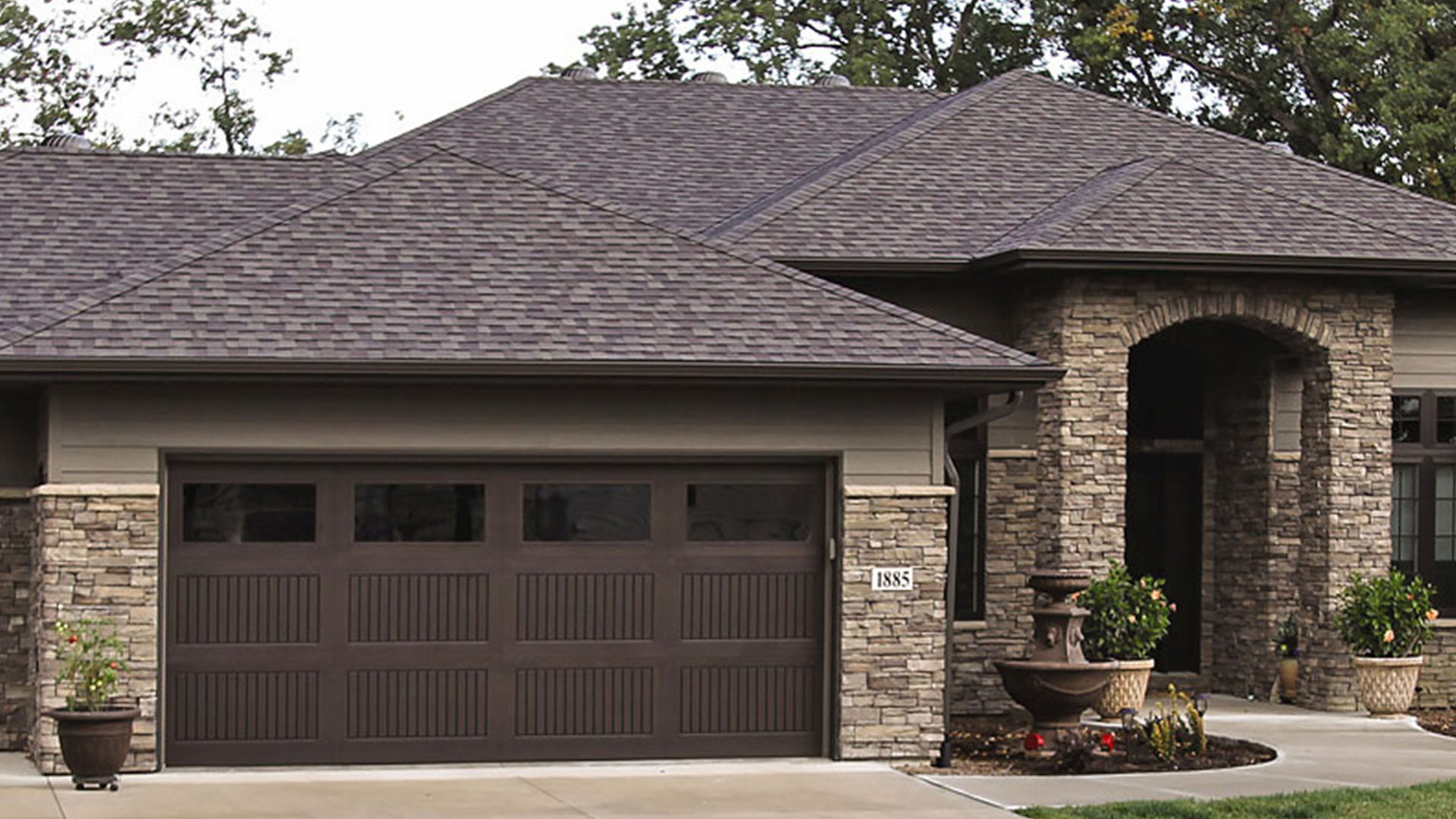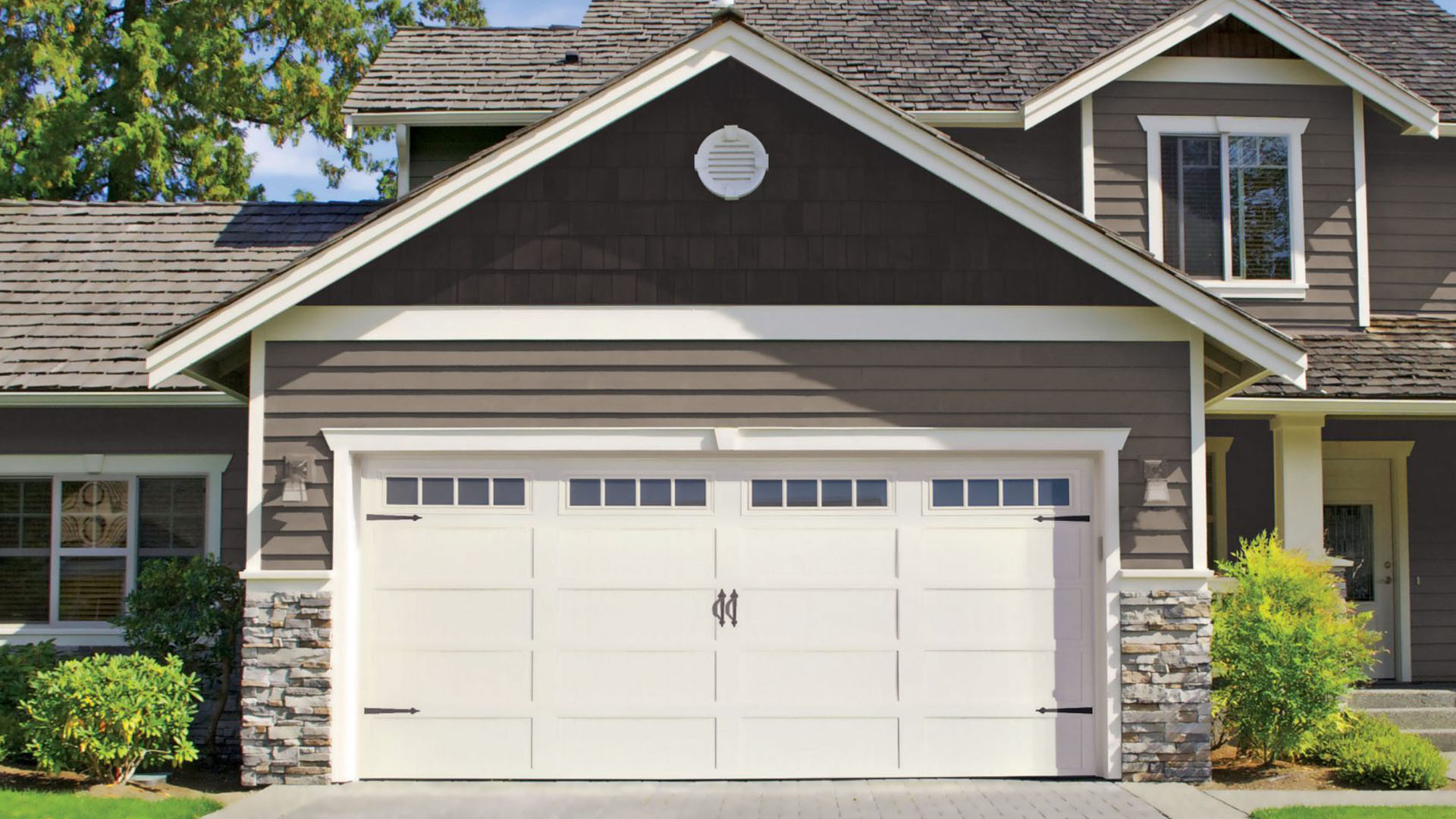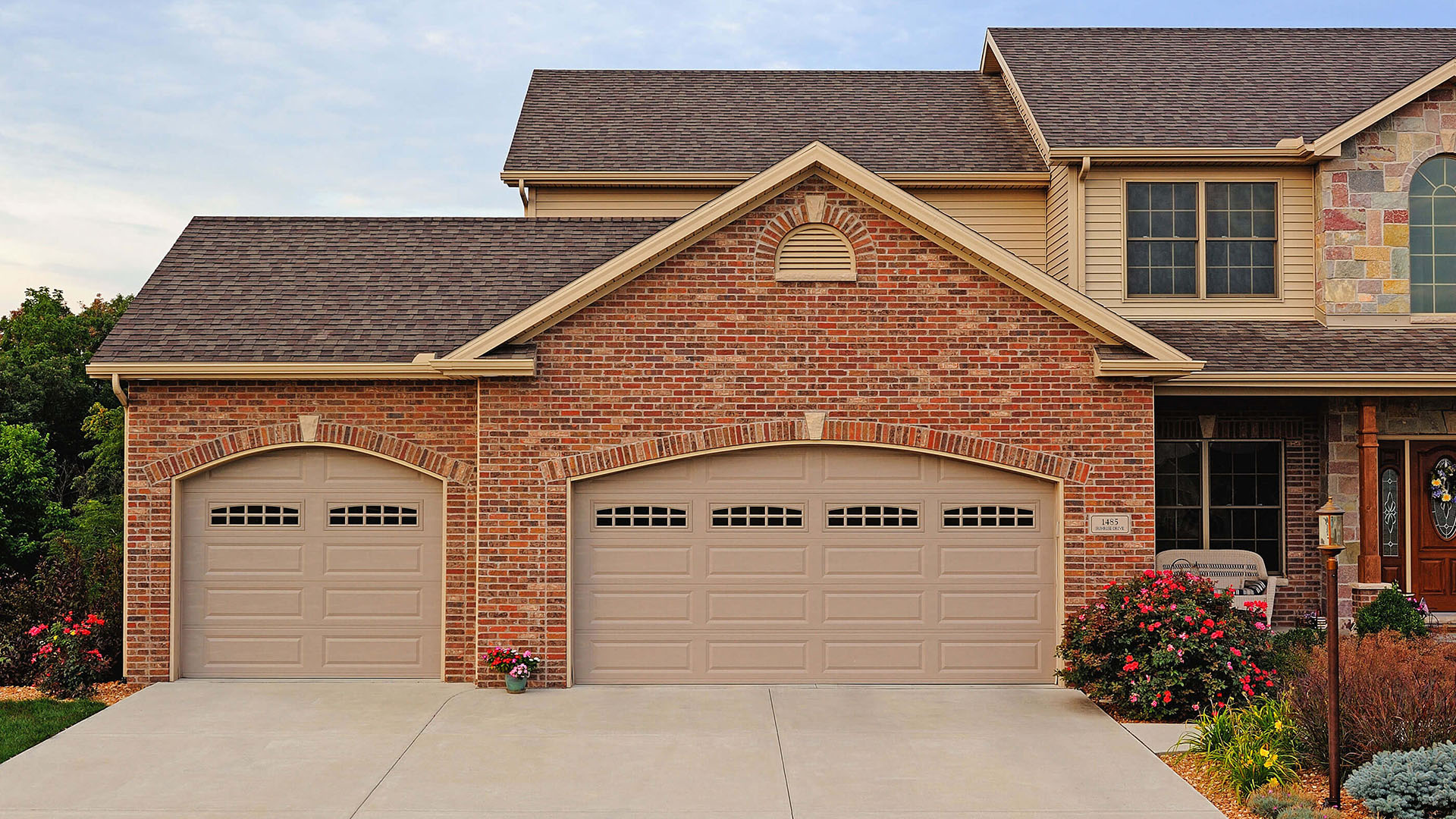
Do I Need an Electrician to Install a Garage Door Opener in Los Angeles?
Installing a garage door opener may seem simple, but it's a task that can get complicated pretty quickly. Whether you’re upgrading your existing system or going for an automatic garage door installation for the first time, understanding the costs, services involved, and the crucial role of an electrician is essential. In this guide, we’ll break down everything you need to know about garage door opener installation. So grab a cup of coffee and let’s dive into the nitty-gritty!
What is a Garage Door Opener?
A garage door opener is an electric motorized device that opens and closes your garage door. It’s primarily controlled via remote control, wall-mounted buttons, or even through smartphone apps in modern systems.
Types of Garage Door Openers
Chain Drive Openers
These are the most common types and are known for their durability. They use a metal chain to operate the door.
Belt Drive Openers
These systems utilize a rubber belt instead of chains, making them quieter than chain drives.
Screw Drive Openers
This type uses a threaded steel rod to move the door up and down.
Direct Drive Openers
The motor moves along the track itself, which makes it quiet yet effective.
Why Install a Garage Door Opener?
- Convenience: No more getting out of your car to open the garage.
- Security: Modern systems come with features like rolling codes that help prevent unauthorized access.
- Increased Property Value: A well-functioning automatic garage door can enhance your home’s curb appeal.
Garage Door Opener Installation 101: Costs, Services, and the Role of an Electrician
Now that we’ve covered what a garage door opener is and why you’d want one let’s focus on costs associated with installation.
Understanding Installation Costs
The cost of installing a garage door opener can vary significantly based on several factors:
- Chain drive models usually range from $150-$300.
- Belt drive options can run between $200-$500.
- Screw drive models typically cost around $200-$400.
Labor Costs
Hiring an electrician or professional installer will add to your overall bill. Labor costs generally range from $75-$150 per hour depending on location and expertise.
Additional Features
If you're opting for smart technology or additional safety features (like sensors), expect to pay extra—often between $50-$150 more.
Old Unit Removal


Total Cost Estimation Table
| Item | Cost Range | |--------------------------|---------------------| | Chain Drive Opener | $150 - $300 | | Belt Drive Opener | $200 - $500 | | Screw Drive Opener | $200 - $400 | | Labor | $75 - $150/hour | | Additional Features | $50 - $150 | | Old Unit Removal | $50 - $100 | | Estimated Total Cost | $300 - $1,000+ |
Services Offered by Electricians
When it comes to installing a garage door opener, hiring an electrician isn’t just about connecting wires; it involves several services:
Pre-Installation Consultation
An experienced electrician will assess your current setup and discuss your needs before starting any work. Questions they might ask include:
- What type of garage door do you have?
- Do you prefer a specific brand?
- Are there any existing electrical issues?
Installation Process Overview
Post-Installation Support
After installation, electricians often provide troubleshooting tips or maintenance advice to ensure longevity for your new opener.
DIY vs Professional Installation: Which Should You Choose?
You might be tempted to save some bucks by going DIY with your automatic garage door installation—who doesn’t love saving money? But let’s weigh both options:
Pros of DIY Installation
- Save on labor costs.
- Control over every step in the process.
- A sense of accomplishment once completed!
Cons of DIY Installation
- Potential for mistakes leading to safety hazards.
- Lack of warranty coverage if something goes wrong.
- More time-consuming than anticipated.
Pros of Professional Installation
- Expertise ensures everything is done right.
- Warranty protection typically included.
- Saves you time and potential headaches!
Cons of Professional Installation
- Higher upfront costs.
- Finding a reliable electrician can take time.
Tools Needed for Garage Door Opener Installation
If you choose to tackle this project yourself—or if you're just curious—here's a handy list of tools you'll need:
Common Mistakes During Garage Door Opener Installation
Even experienced DIYers can make errors during installation! Here are some common pitfalls:
Not Reading Instructions Thoroughly
Always read through all steps before beginning; skipping ahead can lead to missed details.
Incorrect Measurements
Double-check dimensions before cutting or drilling anything!
Skipping Safety Features
Don’t overlook installing safety sensors – they could save lives!
Poor Electrical Connections
Make sure all wires are connected properly; faulty wiring could lead to serious issues later on.
Maintenance Tips for Your New Garage Door Opener
Once you've installed your new opener (or had it installed), maintaining it is crucial for longevity:
Regular Lubrication
Apply lubricant on moving parts at least twice a year to minimize wear and tear.
Check Sensors Monthly
Ensure that safety sensors are clean and functioning properly; they’re essential for preventing accidents.
Inspect Cables & Tracks
Look for any signs of damage or wear in cables and tracks regularly; replace them if needed.
Test Remote Batteries
Keep spare batteries handy so you’re never left stranded without access!
FAQs About Garage Door Opener Installation
1) How long does it take to install a garage door opener?
Typically, it takes about two hours for professionals; DIY installations might take longer depending on experience level.
2) Can I install my own garage door opener?
Yes! However, ensure you follow instructions carefully or consult online resources if needed.
3) What happens if I don’t hire an electrician?
You risk improper installation leading to potential safety hazards or warranty invalidation.
4) How often should I maintain my garage door opener?
Aim for maintenance every six months at minimum – but keep an eye on its performance regularly!

5) What’s the average lifespan of a garage door opener?
Most openers last around 10–15 years with proper care!
6) Are smart openers worth it?
Absolutely! They offer added convenience through smartphone control while enhancing security features too!
Conclusion
Installing a garage door opener may initially appear straightforward but involves various elements—from understanding different types available to knowing when it's best left in professional hands! Navigating costs effectively while also considering maintenance ensures that your investment lasts long-term—whether best garage door company near me you're opting for DIY projects or bringing in expert electricians into play!
So now that you're armed with knowledge from our comprehensive guide "Garage Door Opener Installation 101: Costs, Services, and the Role of an Electrician," you're ready to embark on this journey confidently! Remember always prioritize safety above all else—happy installing!